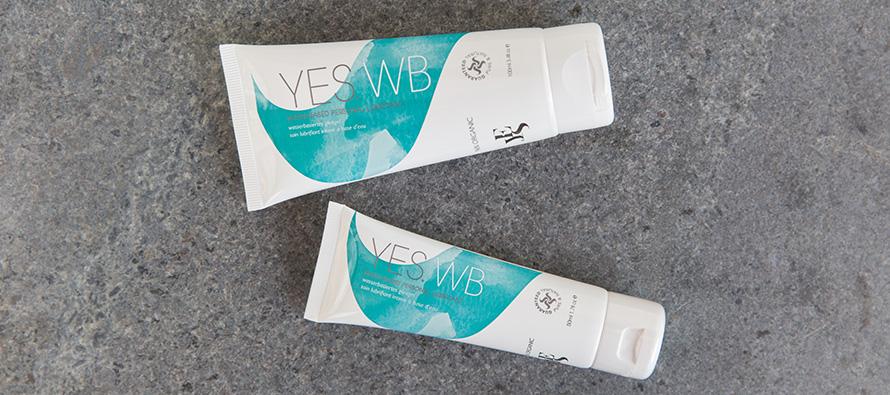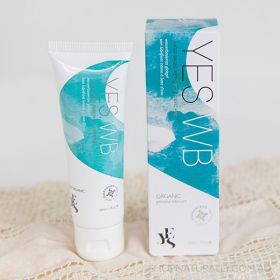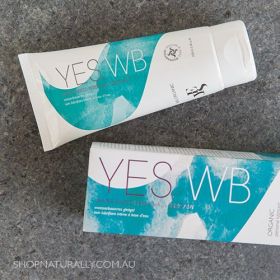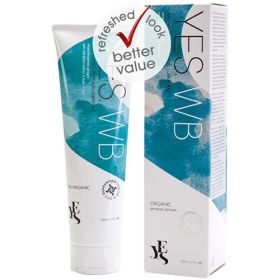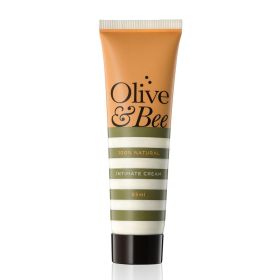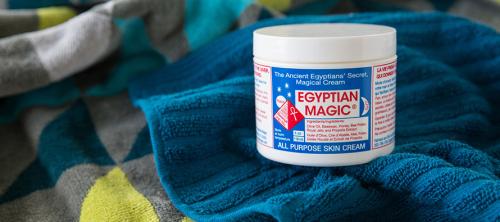Does water based lubricant kill sperm?
When a customer asked us 'does water based lubricant kill sperm?' this week, we went on a mission to research the topic to see what we could find out. Please note, this article does not constitute medical advice. Is research we found online and quite conflicting advice at that. So here we go.
What do the Mayo Clinic say - does water based lubricant kill sperm?
Let's start with this Getting Pregnant article from the Mayo Clinic in the USA. This article talks mainly about sperm health, and how to improve fertility by understanding what healthy sperm is and what you can do to give yourself the best possible chance of conception.
There are three main areas of sperm health.
- Quantity
- Movement (also known as motility)
- Structure (also known as morphology)
The use of a personal lubricant has nothing to do with 1 or 3, but it can have an impact on #2, motility.
The article explains that even with healthy sperm, there are environmental factors that can cause issues. They discuss the issues around smoking, drinking, medication, environmental toxins, temperature and also lubricant.
The Mayo clinic explain that further research is needed on the topic (which is why we found so much conflicting information) but they recommend avoiding lubricant during intercourse if you're trying to get pregnant. Unfortunately they do not specify whether it's just commercial lubricants' with spermicide in it, but the recommend as an alternative to use mineral oil, canola oil, mustard oil or a fertility friendly lubricant. The product we found that's formulated to be fertility friendly has the following ingredients, so it's not suitable for someone who wants to take the natural route or who is sensitive.
"Purified Water, Hydroxyethylcellulose, Pluronic, Sodium Chloride, Sodium Phosphate, Carbomer, Methylparaben, Sodium Hydroxide, Arabinogalactan, Potassium Phosphate, Propylparaben."
So to answer the question, there is no evidence to suggest lubricant kills sperm, but a recommendation that it's recommended it be avoided.
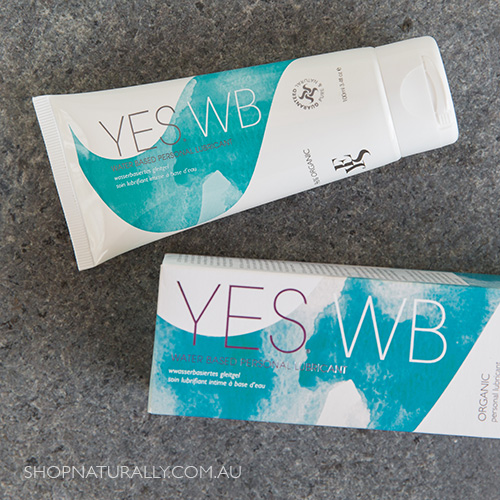
What does the NIH National Library of Medicine in the USA say?
A medical study conducted with over the counter lubricant. Their objective was to test the theory that lubricant has a negative affect on sperm motility. You can read the manuscript of the study here>
Another study that was cited in the first one (which you can read here>) tested sperm motility in a lab setting (outside of a womans body) and found that commercial lubricants affected sperm motility between 60-100% after an hour. Canola oil was tested as an alternative to the commercial lube and had no detrimental effect, however another study published on the same site showed some issues with canola oil but only an initial decline at the beginning.
Does Olive & Bee lubricant kill sperm?
The team at Olive & Bee have not done fertility safe testing on their product. It's made with beeswax and olive oil. We have not been able to find a study done with olive oil or beeswax with regards to motility.
What does Healthline say. Does water based lubricant kill sperm?
Healthline is an American commercial website packed with health articles. An OB-GYN from Mississippi was interviews on the topic. She explains that lubricants were never formulated with conception in mind. Their sole purpose was to provide lubrication. While spermicide is a real issue if you're trying to get pregnant, it's not as common as it used to be, but there are plenty of other ingredients in commercial lube that can not only cause motility issues, but Dr Richardson also suggested that some ingredients can decrease the viability of the sperm itself. There were no specific medical studies mentioned in the article to back up the statements. The ingredients that Dr Richardson suggested may cause issues are not found in any natural lubricant we sell. They are petroleum, propylene glycol, glycerin, parabens, silicone, and N-9 (Nonoxynol-9).
Conclusion - does water based lubricant kill sperm?
We have not been able to find any evidence to suggest that, but we have found information to suggest it may cause motility issues. Wherever possible, if you're trying to conceive, ditch the lubricant.
